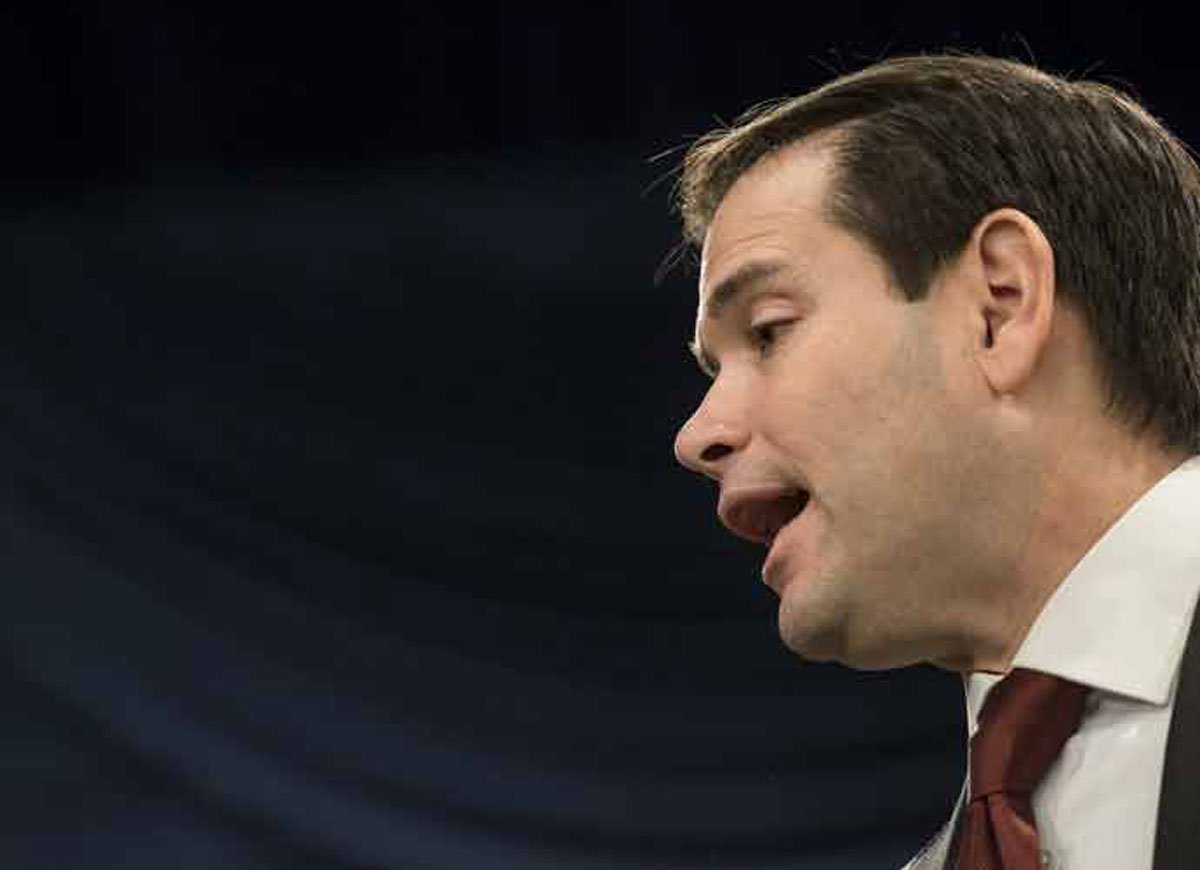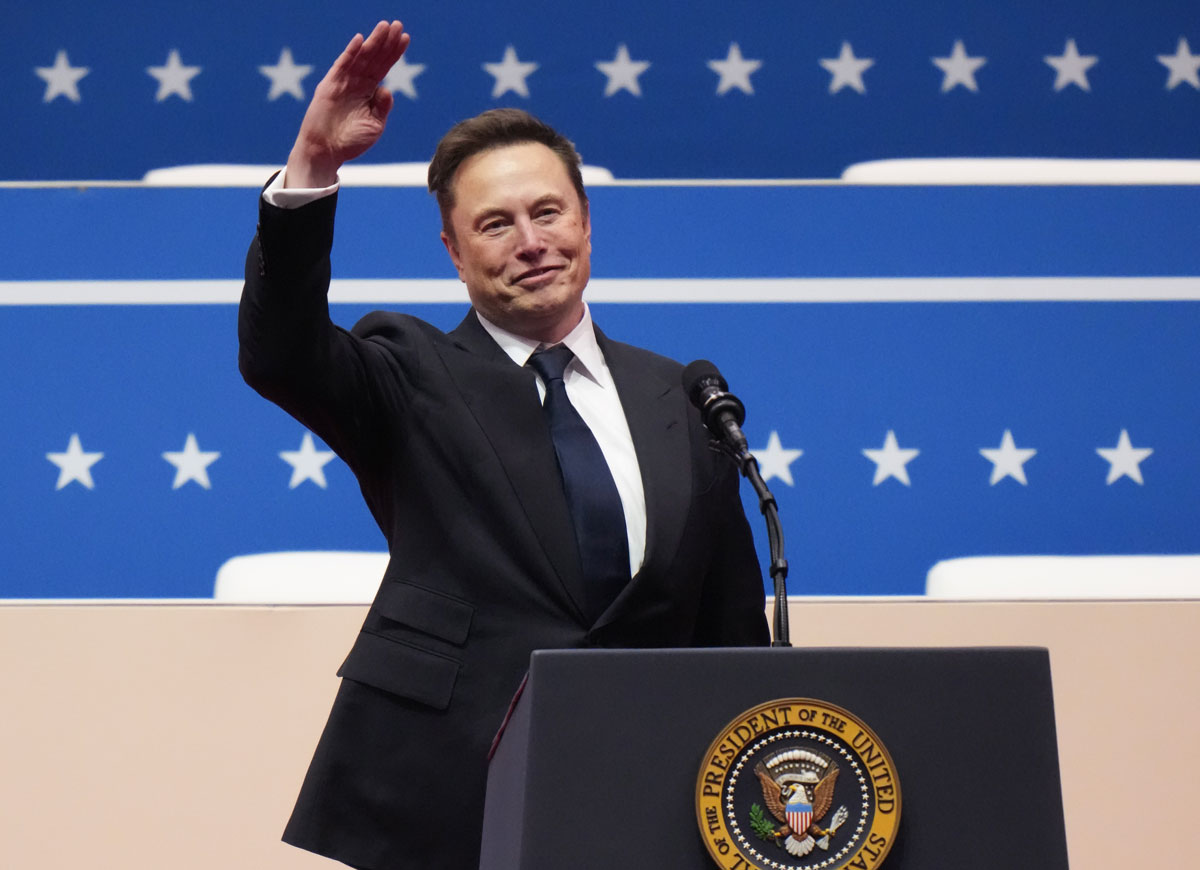Trump Administration To ‘Aggressively Revoke’ Visas From 277,000 Chinese Students Studying In U.S.
The Trump administration is looking to “aggressively revoke” visas for Chinese students, Secretary of State Marco Rubio said. He said this as tensions between the Trump administration and China increase, now targeting academia.
Although Rubio did not specify how many students this would affect, he suggested that the removal would focus on students studying “critical fields” or those connected to the Chinese Communist Party.
“Under President Trump’s leadership, the U.S. State Department will work with the Department of Homeland Security to aggressively revoke visas for Chinese students, including those with connections to the Chinese Communist Party or studying in critical fields,” he said in a statement.
The State Department’s focus on Chinese students in the U.S. exemplifies the worsening relationship between the two countries, considering the long-standing educational ties.
Subscribe to our free weekly newsletter!
A week of political news in your in-box.
We find the news you need to know, so you don't have to.
Rubio’s remarks were news to other government officials. The directive reportedly took consular officials aback.
Roughly 277,000 Chinese students attended American universities last year, making up the second-largest population of foreign students, behind students from India.
For decades, Chinese parents have viewed American universities as the pinnacle of excellence and regard students who are accepted into Ivy League schools as celebrities. Whether Rubio’s comments are implemented or not, it is likely to reduce the popularity of U.S. universities in China.
This decision will also affect the U.S. institutions. Universities have come to rely on foreign students to help offset the cost of providing financial aid to American students. Trump is also pressuring some colleges to address allegations of antisemitism with threats of withholding federal funding.
Even those with national security concerns believe broadly revoking visas could be unproductive.
“The U.S. government needs to take into account risks of non-traditional espionage, but the way they’re drawing these boundaries is too broad and too undefined,” said Mary Gallagher, dean of the Keough School of Global Affairs at University of Notre Dame and an expert on Chinese politics.
Gallagher believes it will not just damage the “U.S.-China educational exchange, but also U.S. science and technological competitiveness.”
This decision by Rubio is just the latest piece in a larger fight to address perceived national security threats posed by China through its academic institutions.
The House passed legislation to halt funding to U.S. colleges and universities that partner with Chinese academic institutions that work with the Chinese police state.
This is not the first instance of the Trump administration targeting Chinese students in higher education. During the first Trump administration, the Department of Justice launched the China Initiative, targeting Chinese academics at U.S. universities. This program was accused of racial profiling and had flawed investigative work.
Get the most-revealing celebrity conversations with the uInterview podcast!







Leave a comment